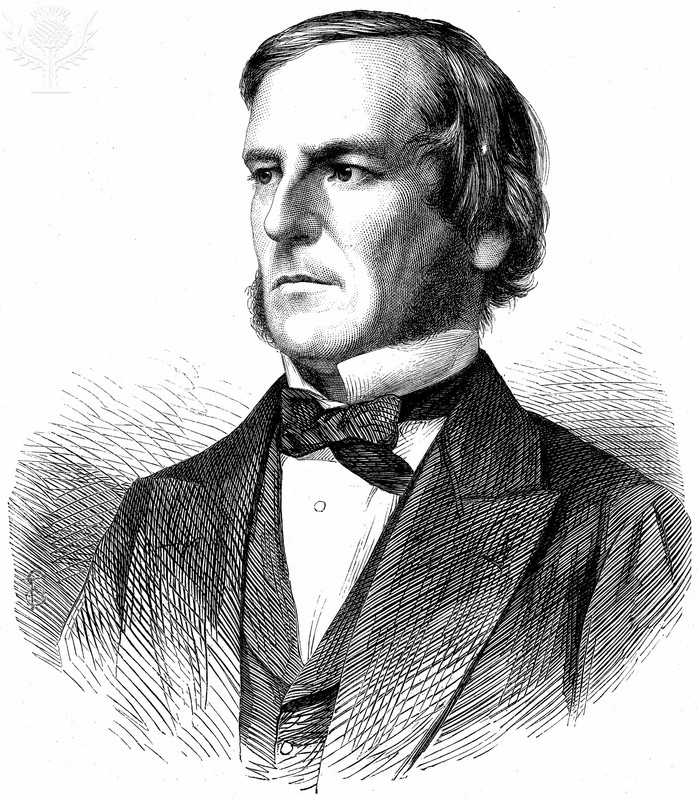
The 3 Basic Boolean operators are AND, OR, and NOT.
Boolean operators are connectors that you can place between your keywords when you perform a search. They connect your search terms together to either narrow or broaden your set of results.
Using Boolean operators is the most efficient way to focus your search when a topic contains multiple search terms. Complete sentences are not good searches. When searching a database, Boolean operators make it easier for the database to process the information in the search and give you exactly what you are looking for.
Use AND to
Use OR to
Use NOT to

The English mathematician George Boole (1815- 1864) was among the founders of modern symbolic logic. His algebra of logic, also called Boolean algebra, is basic to the design of digital computers.